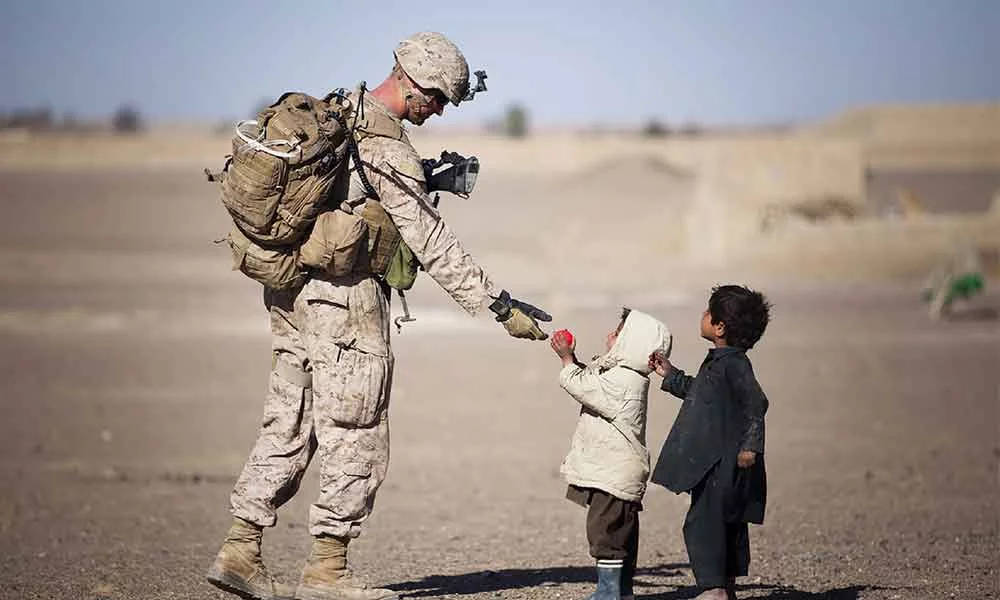A Global Guardian or a Silent Spectator?
The United Nations (UN) was established in 1945 with the primary mission of maintaining international peace and security. Yet, in recent years, its role in preventing wars and resolving global conflicts has come under scrutiny. Is the UN truly an agent of peace, or has it become a powerless entity in the face of escalating global tensions?
The UN’s Founding Vision: A World Without War
Emerging from the ruins of World War II, the UN was designed to prevent future conflicts through diplomacy, peacekeeping missions, and international cooperation. With 193 member states, it remains the largest intergovernmental organization dedicated to promoting peace, humanitarian aid, and sustainable development.
Success Stories: UN’s Role in Peacekeeping
Despite criticism, the UN has played a crucial role in peacekeeping efforts worldwide. Successful missions in countries like Sierra Leone, Liberia, and Cambodia have helped restore stability. The UN’s diplomatic interventions have also contributed to preventing full-scale wars and negotiating ceasefires in conflict zones.
Failures and Criticisms: The Limits of Power
While the UN has had successes, its failures cannot be ignored. The inability to prevent genocides in Rwanda (1994) and Bosnia (1995), as well as the ongoing conflicts in Syria, Yemen, and Ukraine, have raised questions about its effectiveness. Critics argue that the organization is often hindered by bureaucratic inefficiencies, lack of enforcement power, and geopolitical interests that influence decision-making within the UN Security Council.
The Role of the UN Security Council: A Flawed System?
The Security Council, consisting of five permanent members (United States, China, Russia, France, and the United Kingdom), holds significant power in maintaining global peace. However, the use of veto power by these nations has led to deadlocks, preventing crucial resolutions from being passed. This has allowed conflicts to persist without decisive international intervention.
Peace or Political Strategy?
Many argue that the UN’s peacekeeping missions often align with the interests of powerful nations rather than serving global humanitarian needs. Critics claim that economic and political considerations sometimes take precedence over immediate peace efforts, leading to selective intervention in certain conflicts while ignoring others.
The Future of the United Nations: Reform or Redundancy?
As global conflicts continue to evolve, calls for UN reform have grown louder. Many believe the organization must undergo structural changes, such as expanding the Security Council, limiting veto power, and strengthening enforcement mechanisms. Without these reforms, the UN risks becoming an outdated institution incapable of fulfilling its founding mission.
Conclusion: The UN at a Crossroads
The United Nations stands at a critical juncture. While it has contributed to global peace in many ways, its shortcomings highlight the urgent need for reform. Will the UN adapt to modern geopolitical challenges, or will it continue to struggle with inefficiencies and political roadblocks? The answer to this question will determine whether the UN remains a symbol of peace or a witness to escalating global conflicts.




